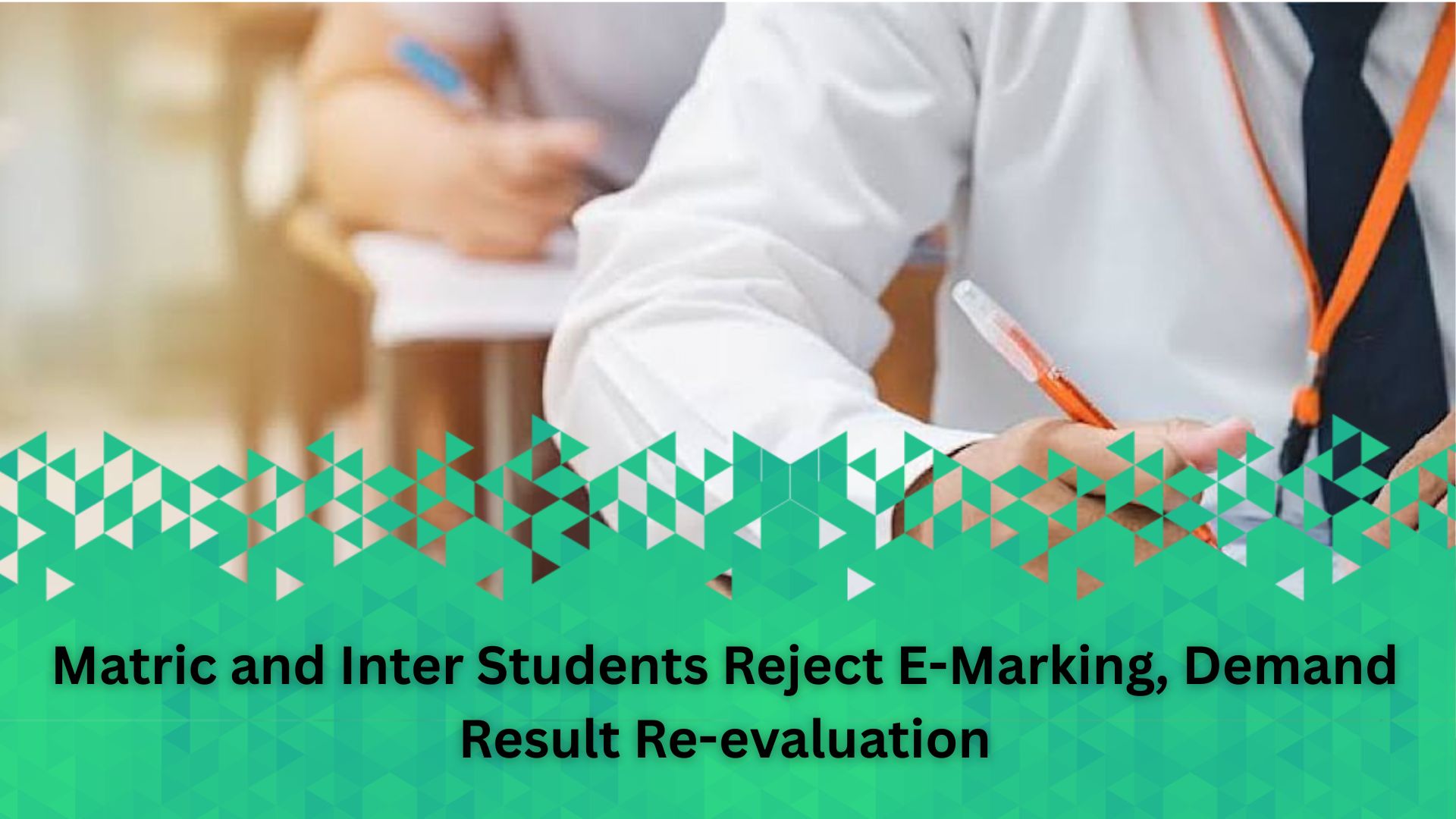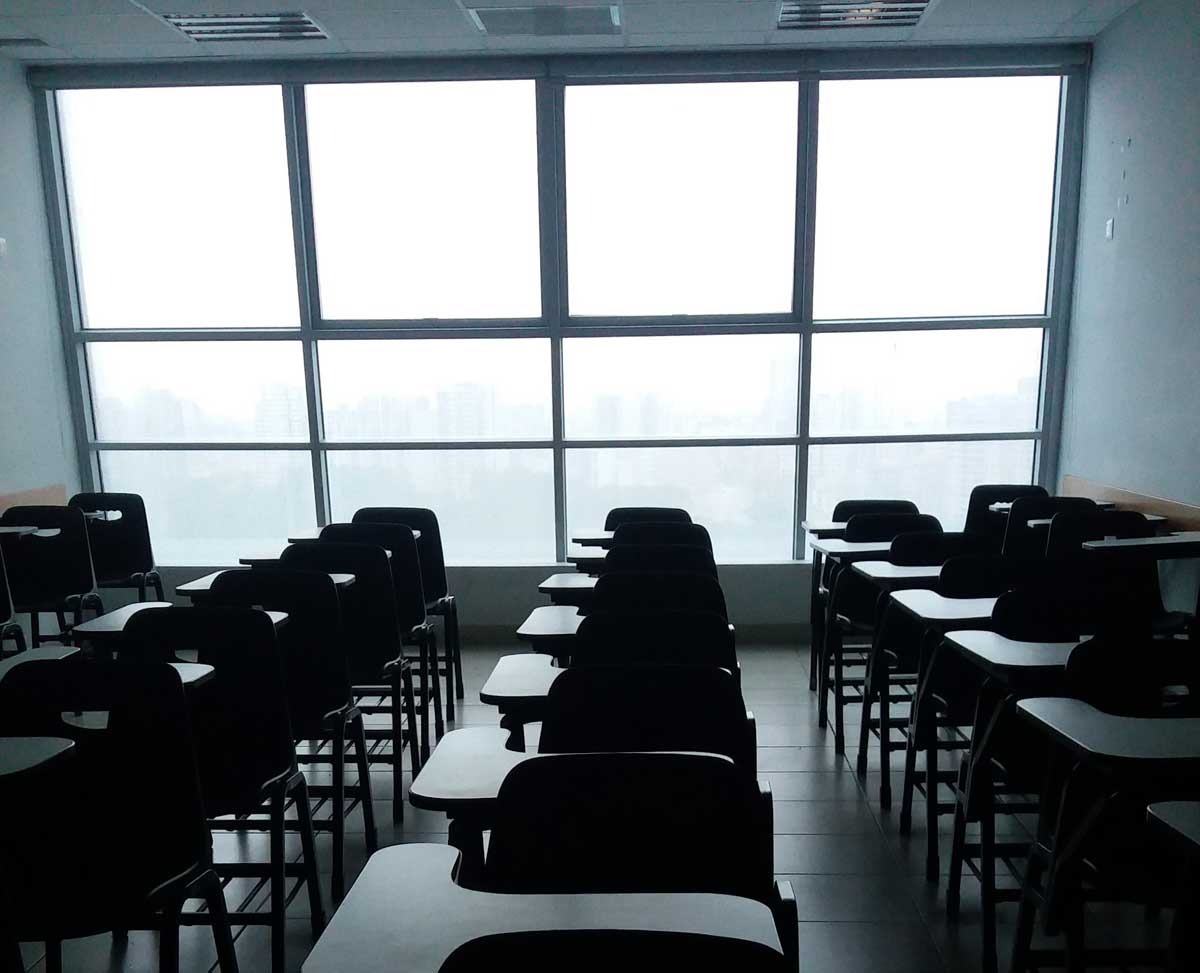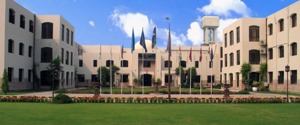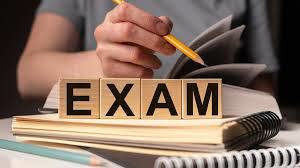
Matric and Inter Students Reject E-Marking, Demand Result Re-evaluation
Widespread student protests erupted across several districts in Sindh this week, casting a shadow over the provincial education board's newly introduced electronic marking (e-marking) system. The demonstrations were triggered by the announcement of results for Secondary School Certificate (SSC) Part-I (Class IX) and Higher Secondary Certificate (HSC) Part-I (Class XI) , which students allege are marred by gross discrepancies and unfair marking.
The Board of Intermediate and Secondary Education Shaheed Benazirabad (BISESBA) , along with boards in the Sukkur and Larkana divisions , had implemented the e-marking system for the first time this year. While board officials hailed the initiative as a step towards modernization, it has been met with fierce resistance from the student community. You can also view Lahore Board Extends Matric Exam Admission Deadline .
Protests Erupt, Classes Boycotted
The discontent translated into organized protests in Sanghar, Shahdadpur, Shahpur Chakar, and Sakrand. In Sanghar, students from Pir Syed Sabghatullah Shah Shaheed Government Degree College boycotted classes and took to the streets.
"We have always been top performers in our college's internal assessments and preliminary examinations," said Abdul Jabbar Mari, one of the protesting students. "The marks awarded to us through this new system do not reflect our hard work or our academic capabilities. We feel cheated."
Echoing his sentiments, fellow student Farhan Laghari accused the board of using students as "guinea pigs" for an untested system. "Our future is at stake. These results will ruin our chances of securing admissions in reputable universities and professional colleges," Laghari stated.
Allegations of Mismanagement and Corruption
Beyond technical glitches, students have leveled serious allegations of corruption and manipulation within the board. Protesters in multiple districts claimed that the e-marking process was not immune to human malfeasance, suggesting that bribery had influenced the final outcomes.
"The board talks about an automated system, but we believe that corruption has still played a role in manipulating our marks," alleged Nasir Khuso, a student leader from Govt Boys Degree College in Shahdadpur, where a rally was held outside the local press club. "Even the most brilliant students in our college have been awarded failing or exceptionally low grades, which is impossible to believe."
A Unified Demand for Transparency and Re-evaluation
The protests, which continued for several hours across different locations, showcased a unified demand from the student body. In Sakrand, hundreds of students marched from Govt Degree College to Sahafi Chowk, carrying placards and chanting slogans demanding justice.
Their core demands include:
-
Immediate and transparent re-checking of all answer scripts.
-
The removal of the BISESBA Chairman, Dr. Asif Ali Memon, and the Controller of Examinations.
-
A thorough investigation into the alleged discrepancies and corruption within the marking process.
The movement has also gained traction among educators and civil society. Teachers and community leaders have joined the students, describing their grievances as legitimate and urging the board to take immediate corrective measures.
A delegation of students and teachers from Govt Boys Higher Secondary School, Panhal Khan Chandio, staged a rally at the MPA House, insisting that the board chairman personally oversee the rechecking process to ensure fairness.

Board’s Defense and the Road Ahead
In contrast to the students' outcry, BISESBA Chairman Dr. Asif Ali Memon had previously described the e-marking system as a "major achievement" for the board. Officials argue that the system is designed to eliminate human error and bias, promising a more efficient and transparent evaluation process.
However, the scale of the protests suggests a significant failure in either the system's implementation, its underlying algorithm, or the preparation of the staff handling it. The students in Shahpur Chakar went a step further, alleging that the board was intentionally awarding low marks to hinder their prospects for higher education.
As the situation remains tense, the students have made a direct appeal to Sindh Chief Minister Syed Murad Ali Shah, Provincial Education Minister, and other senior officials to intervene. They are calling for a high-level inquiry to uphold transparency and restore faith in the educational evaluation system.
The Sindh government now faces a critical test of its educational reforms. How it addresses these widespread concerns will not only determine the academic future of thousands of students but also set a precedent for the rollout of digital initiatives across the province's education sector.












